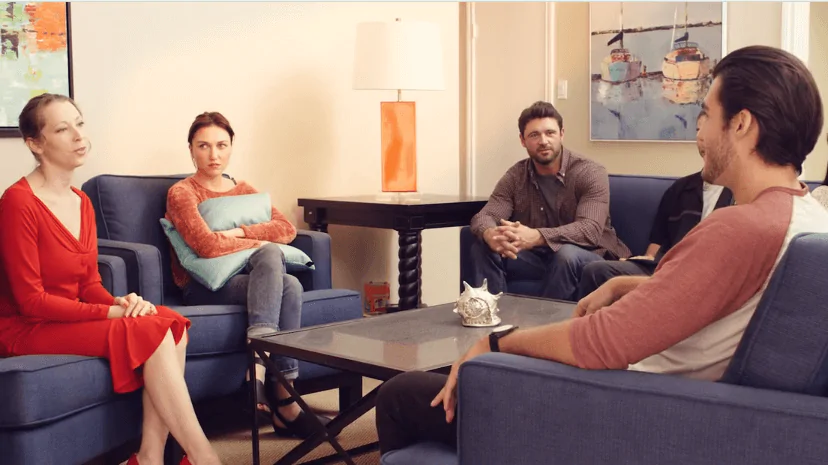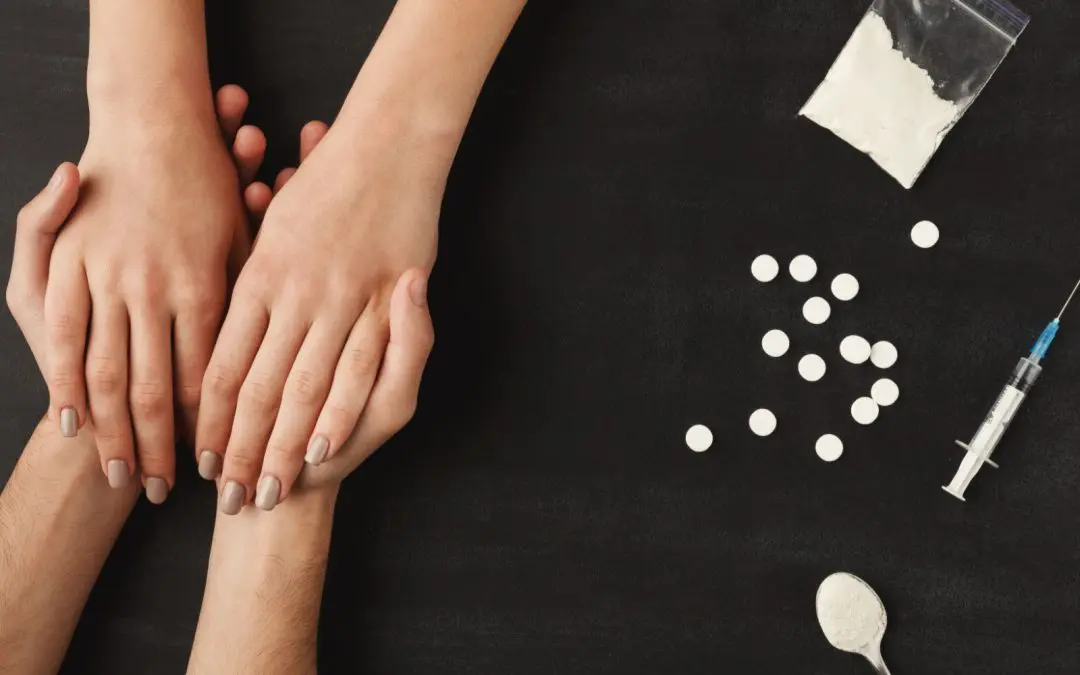24/7 Helpline:
(866) 899-221924/7 Helpline:
(866) 899-2219
Learn more about Klonopin Rehab centers in Post Falls
Klonopin Rehab in Other Cities

Other Insurance Options

BlueShield

Group Health Incorporated

Oxford

Magellan

Horizon Healthcare Service

Ceridian

Health Choice

MHNNet Behavioral Health

Private insurance

Coventry Health Care

Sliding scale payment assistance

Humana

Holman Group

AllWell

Health Partners

Medical Mutual of Ohio

BlueCross

Amerigroup

Premera

State Farm

Aces Community Services
Aces Community Services is a private rehab located in Post Falls, Idaho. Aces Community Services spe...








Rathdrum Counseling Center
Rathdrum Counseling Center is a private rehab located in Rathdrum, Idaho. Rathdrum Counseling Center...




































































































































